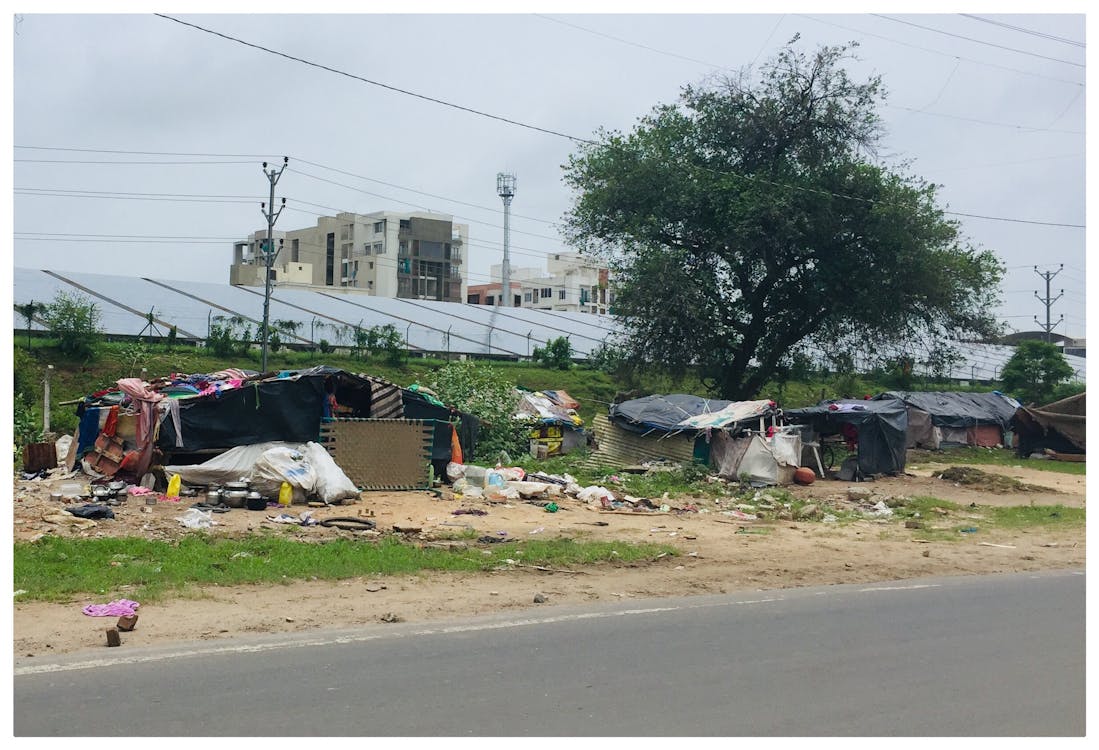We are delighted to share with you our library of resources. You can use the filter feature below to find topics most relevant to your curriculum.
Want to organise the resources you use most in one place? Register as a user to add content to your own Boards.
What is the Christian Response to Poverty?
 The UK is one of the world’s wealthiest nations. It may feel as though money can be tight for us at times, but the fact that so many people own cars, have bank accounts and can readily purchase food from the supermarket means that people in the UK can class themselves as ‘rich’ when compared to much of the world. A quick look at some statistics may help put things in perspective:
The UK is one of the world’s wealthiest nations. It may feel as though money can be tight for us at times, but the fact that so many people own cars, have bank accounts and can readily purchase food from the supermarket means that people in the UK can class themselves as ‘rich’ when compared to much of the world. A quick look at some statistics may help put things in perspective:
- Enough food is produced globally to feed everyone and yet about 1 in 8 people in the world go hungry every day. That's more than the EU and USA populations combined.
- Nearly 10 million children under the age of five die each year, mostly from preventable illnesses such as diarrhea and malaria.
- 780 million people without clean water and 2.5 billion without access to a basic toilet. As a result, every 20 seconds, a child under the age of five dies because of diarrhea, an entirely preventable disease. (Statistics: Tearfund, 2013)
In the UK, every child has access to free education. But in many countries around the world, education costs money. Families may not be able to afford school fees, or can only afford to send some of their children to school, usually boys, rather than girls.
Even if schooling is free, the family may need their children to go out to work instead, otherwise, there would be no money to eat and to live. When we are ill, we can get a free appointment with a doctor and get treated for free. But in many LEDC countries, if people get sick they may not be able to afford the medicine to make them better. As a result, people die unnecessarily from diseases that we in the UK could take a pill for.
Also, natural disasters are increasingly taking their toll. Many countries in Africa, Asia, and South America feel the effects of global warming through increased numbers of droughts or floods, leading to famine. And increasingly, it’s the consequences of a lot of simple choices we make in the West that make a difference. Our decision whether to take the car for a short journey may not seem a big deal to us, but could ultimately mean more bad harvests for those whose weather systems are impacted by increased carbon emissions.
There are many Christian organisations that work to alleviate poverty around the world. Here are just several examples, click on each link to find out more information:
